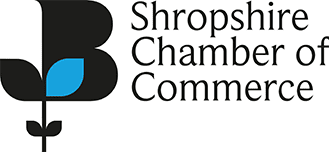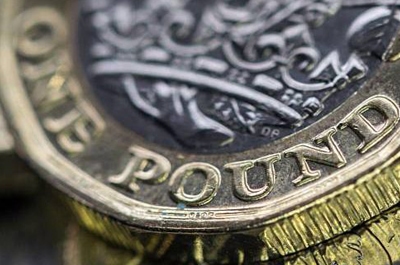Commenting on the inflation statistics for September 2021, published today by the Office for National Statistics, Suren Thiru, Head of Economics at the British Chambers of Commerce (BCC), said:
“September’s dip in inflation reflects temporary data distortions rather than the reality on the ground.
“The slowdown was largely due to strong base effects caused by dining out costing less last month in comparison with September 2020, when prices increased following the end of the Eat Out to Help Out scheme.
“A renewed inflationary surge is expected in the coming months with the increase in the energy price cap, partial reversal of the VAT reductions for hospitality & tourism and persistent supply chain disruption. This is likely to push inflation above 4% by the end of 2021.
“Rising inflation could disrupt the UK’s economic recovery by eroding consumers’ spending power and squeezing firms' profit margins and ability to invest.
“While inflation is uncomfortably high, the Bank of England must hold its nerve on interest rates. Raising rates at a time of escalating cost pressures and looming tax rises would severely undermine an already fragile recovery.
“Although global price fluctuations aren’t typically something in the UK government’s direct control, more needs to be done to help businesses keep costs down and stay competitive. This should include a moratorium on all policy measures that increase upfront business costs for the remainder of this parliament.”
On the impact of September’s CPI inflation rate on firms' business rates bills in the next financial year, Suren added:
“Despite enduring the deepest recession on record, businesses are now facing a punishing rise in business rates in the next financial year because of soaring inflation.
“The chancellor should therefore use the upcoming budget to abandon the up-rating of business rates for at least the next financial year to avoid severely aggravating already diminished business cashflow and further damaging our high streets and town centres.”












Latest News